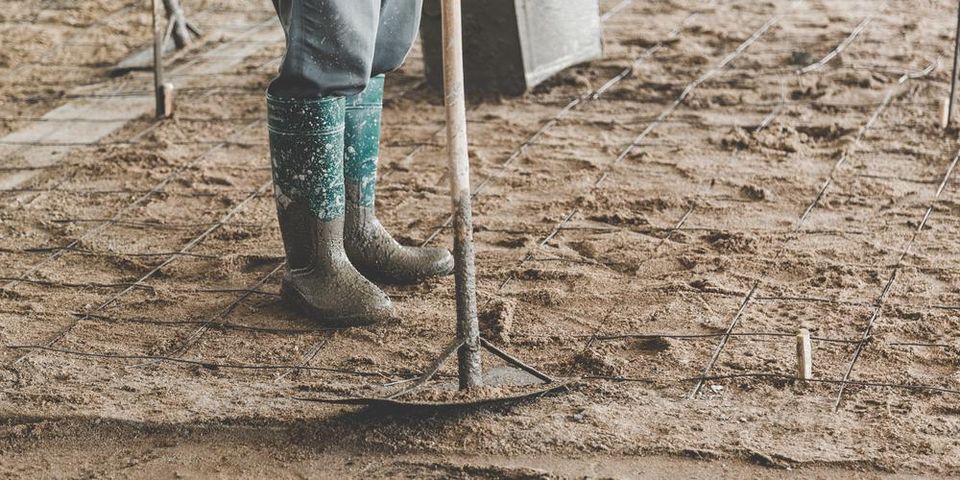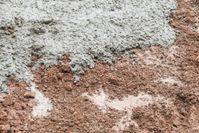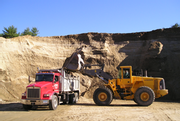5 Frequently Asked Questions About Concrete

From standard to recycled concrete, deciding the best kind of concrete to use for a construction project can be difficult to distinguish. Starting from the basics can help narrow down and clarify the options. The construction aggregate specialists from Manchester Aggregate Supply in Connecticut break down the top five most frequently asked questions about concrete.
Top 5 Questions About Concrete
What’s the Difference Between Concrete & Cement?
Concrete is a mixture of three main ingredients — fine and coarse aggregates like sand and gravel, water, and cement. Cement comes in a powder which, when mixed with water, becomes the base for concrete that makes it comparable to a rock in terms of toughness. Depending on the measurement and the addition of other ingredients, different types of concrete can be made smooth, porous, or even stronger.
What Is the Purpose of Aggregates in Concrete?
 Aggregates impact concrete in different ways. Larger aggregates make concrete more porous, allowing water to pass through to the subsoil layer underneath, making it an eco-friendly option. A good mix of small and large aggregates helps strengthen the concrete as structural fillers and binding agents for the cement mixture. Aggregate distributors or gravel suppliers can offer all types of aggregates for construction projects.
Aggregates impact concrete in different ways. Larger aggregates make concrete more porous, allowing water to pass through to the subsoil layer underneath, making it an eco-friendly option. A good mix of small and large aggregates helps strengthen the concrete as structural fillers and binding agents for the cement mixture. Aggregate distributors or gravel suppliers can offer all types of aggregates for construction projects.
Why Is Concrete Grey?
Concrete comes in gray by default because of the high levels of iron in the cement powder. However, concrete can come in a variety of colors depending on the coloring agents and finishes used.
Why Does Concrete Crack?
Water is a frequent culprit of cracked concrete. When mixing cement with water, too much water causes the strength of concrete to reduce. As it dries, the excess water shrinks the concrete and pulls apart the cement mixture, forming cracks. On the other hand, too little water causes the concrete to dry too quickly, which also results in cracks. Other reasons why concrete can crack includes using the incorrect strength of concrete for a job, pouring concrete onto frozen or snow-covered ground, and using incorrect or no control joints, which helps concrete shrink and expand in various weathers.
Is Concrete Recyclable?
Clean concrete is recyclable. Contaminates such as plastic or wood must be taken out before crushing down the concrete into usable aggregates. Recycling concrete costs less than transporting and disposing concrete into a landfill. It is also more economical to use recycled concrete, as it doesn’t require any extra mining for aggregates.
Stay informed and assured about the concrete you choose for your project with one of the top contracting companies available. For more information about recycled concrete or gravel and aggregate options, call (860) 643-7777 to speak with one of the specialists at Manchester Aggregate Supply.
About the Business
Have a question? Ask the experts!
Send your question

